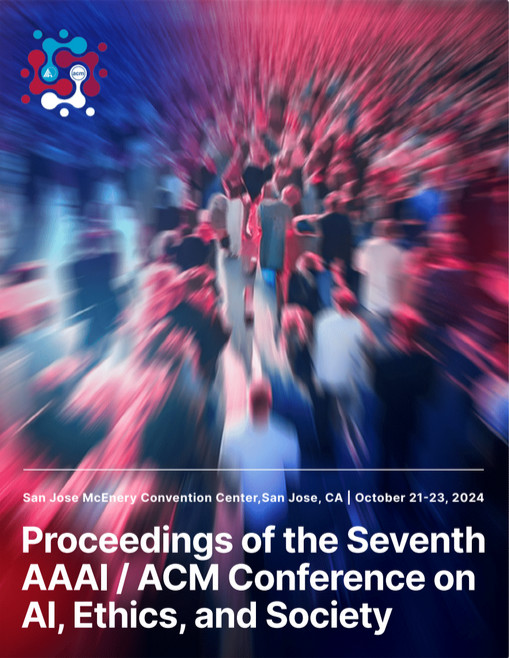Enhancing Equitable Access to AI in Housing and Homelessness System of Care through Federated Learning
DOI:
https://doi.org/10.1609/aies.v7i1.31735Abstract
The top priority of a Housing and Homelessness System of Care (HHSC) is to connect people experiencing homelessness to supportive housing. An HHSC typically consists of many agencies serving the same population. Information technology platforms differ in type and quality between agencies, so their data are usually isolated from one agency to another. Larger agencies may have sufficient data to train and test artificial intelligence (AI) tools but smaller agencies typically do not. To address this gap, we introduce a Federated Learning (FL) approach enabling all agencies to train a predictive model collaboratively without sharing their sensitive data. We demonstrate how FL can be used within an HHSC to provide all agencies equitable access to quality AI and further assist human decision-makers in the allocation of resources within HHSC. This is achieved while preserving the privacy of the people within the data by not sharing identifying information between agencies without their consent. Our experimental results using real-world HHSC data from a North American city demonstrate that our FL approach offers comparable performance with the idealized scenario of training the predictive model with data fully shared and linked between agencies.Downloads
Published
2024-10-16
How to Cite
Taib, M., Wu, J., Drew, S., & Messier, G. G. (2024). Enhancing Equitable Access to AI in Housing and Homelessness System of Care through Federated Learning. Proceedings of the AAAI/ACM Conference on AI, Ethics, and Society, 7(1), 1434-1443. https://doi.org/10.1609/aies.v7i1.31735
Issue
Section
Full Archival Papers

